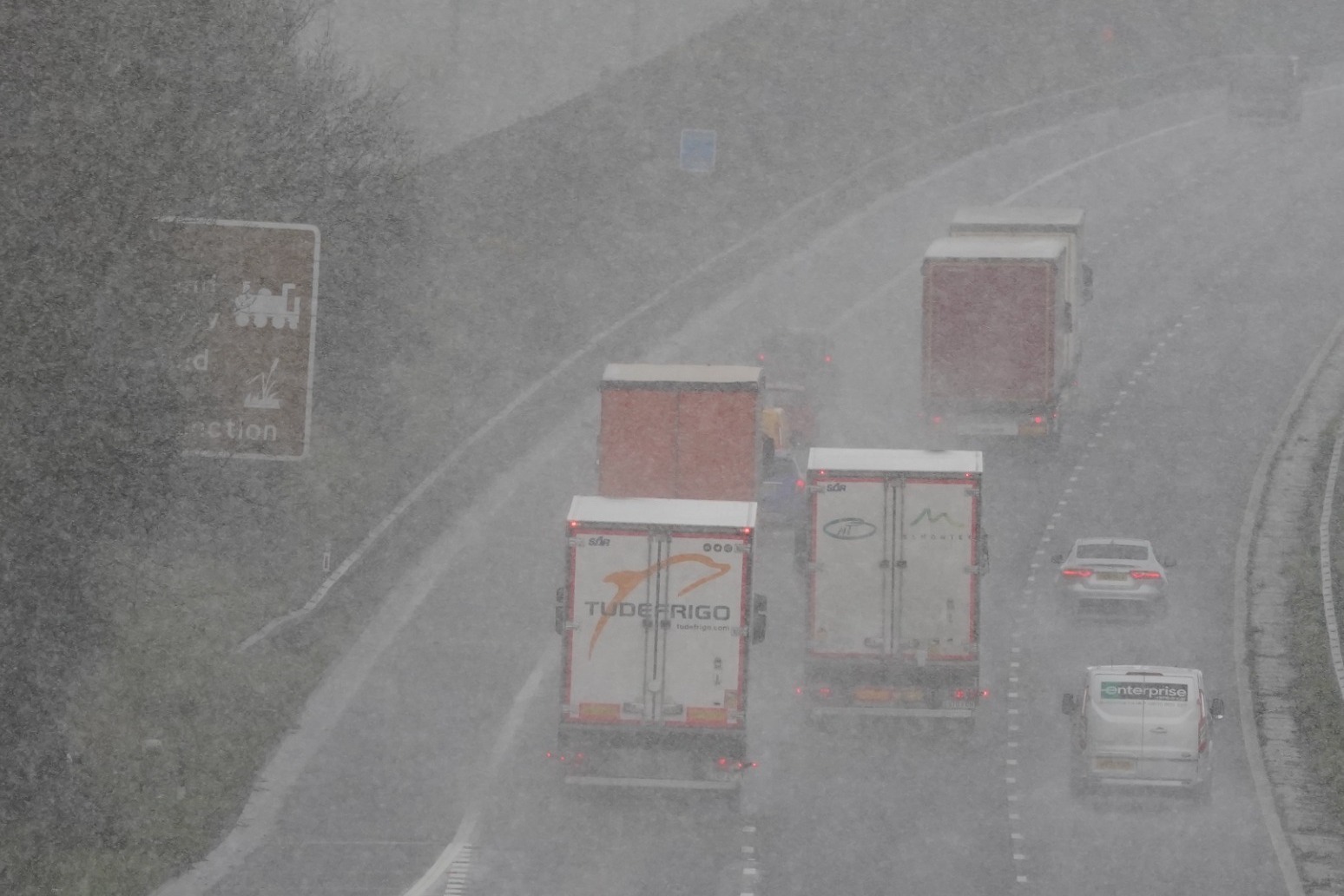
Almost seven in 10 motorists have changed driving habits since cost-of-living crisis
A new survey has revealed that more than two-thirds of drivers have changed their driving habits since the cost-of-living crisis took hold.
Of 2,000 motorists questioned, 69 per cent said they’d changed their habits behind the wheel since the start of 2022.
The survey by Kwik Fit found that 35 per cent of drivers had cut down on the number of car journeys they do, with 40 per cent of petrol and diesel car owners driving less versus 22 per cent of those with EVs and hybrids.
Of the EV and hybrid owners questioned, 17 per cent had swapped from a combustion-powered car this year as a direct result of the cost-of-living crisis. Meanwhile, four per cent of drivers had even sold their car and not replaced it.
Asked about their driving behaviour, 21 per cent of motorists surveyed said they now try to drive more smoothly and less aggressively than before, with 14 per cent driving more slowly on all journeys to conserve fuel.
Kwik Fit’s study also found some motorists were keener on car maintenance than in the past, to help reduce costs. One in 10 said they now regularly checked their car’s tyre pressures, while 11 per cent had made their cars lighter by emptying their boots of heavier items more regularly.
Roger Griggs, communications director at Kwik Fit, said: “The cost-of-living crisis is impacting on many areas of our lives and motoring is no exception. While some drivers are able to cut down on their journeys, many of the journeys motorists make are essential and cannot be made by other means.
“We would encourage all motorists to make sure their car is running as efficiently as possible and to especially take the measures that cost nothing – ensure that their tyres are at the correct pressure and that the car isn’t suffering from unnecessary weight in the boot or drag on the roof.
“Seemingly small measures can have a big impact on fuel consumption, and of course having the correct tyre pressure will also help prolong the life of a tyre by reducing premature wear.”
Published: by Radio NewsHub